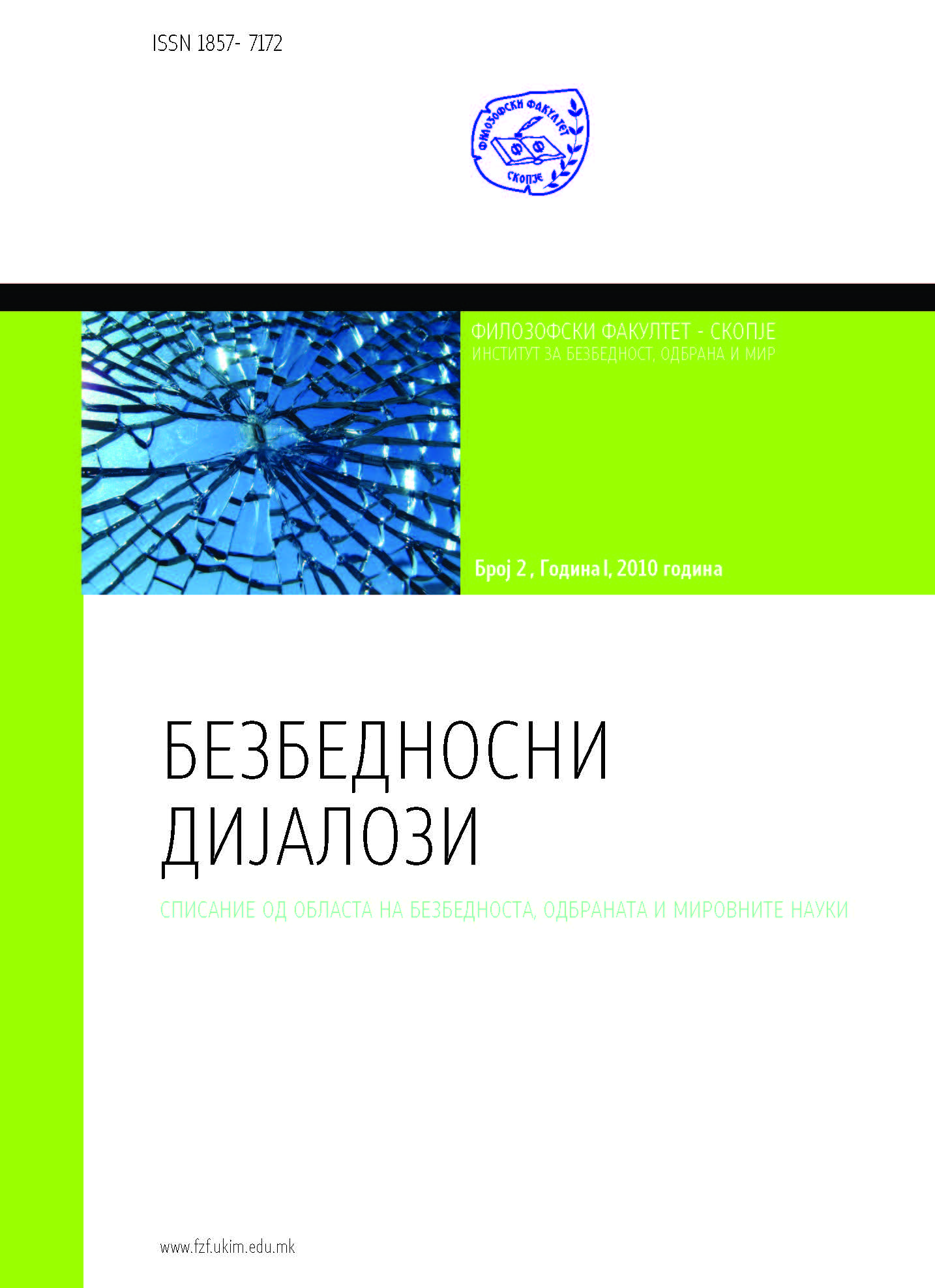The normative paradoxes of globalization
The normative paradoxes of globalization
Author(s): Radmila NakaradaSubject(s): Politics / Political Sciences, Philosophy
Published by: Филозофски факултет, Универзитет "св. Кирил и Методиј"
Keywords: globalization;human rights;cosmopolitanism;neoliberalism;
Summary/Abstract: Following the end of the Cold war, a period of „rule-breaking and rulemaking” has emerged. Its nature is contradictory, exclusionary, based on the power division. The powerful are rule makers, determining the scope of their relevancy (self-exclusion) and the form of implementation. The justification, given for the „rule breaking and rule making” is the moral imperative and the vacuum created by limited relevance of the state-centric international law that cannot address the problems that have come about as the result of the transformation of sovereignty, emergence of new non-state actors in the era of globalization. However, what is emerging is not a new normative order. The dramatic inequalities of states and their sovereign powers are perpetuated, the criteria of arbitrariness in the use of force is extended and the notion of protecting human rights is instrumentalised for geopolitical interests. In order for „moral dependency” to become a force of cosmopolitism, coherent critical reflection is required, as well as systematic and unwavering efforts invested into the strengthening of democracy and rule of law at the global level, decisive affirmation of the spirit of cooperation and non-violent conflict resolution and the development of effective instruments of transcending the new exclusionary practices generated by the old/new world.
Journal: Bezbednosni dijalozi
- Issue Year: 1/2010
- Issue No: 2
- Page Range: 11-27
- Page Count: 16
- Language: English

